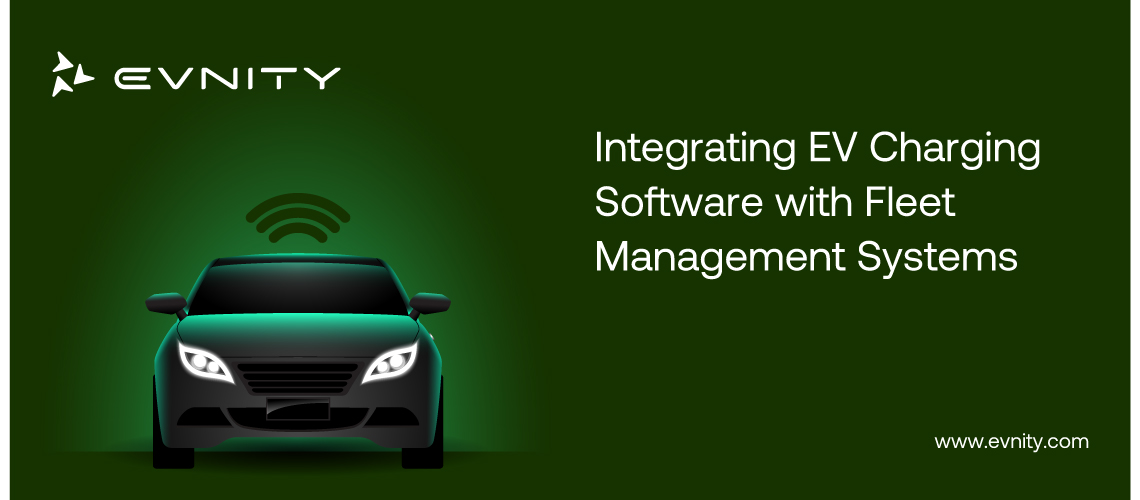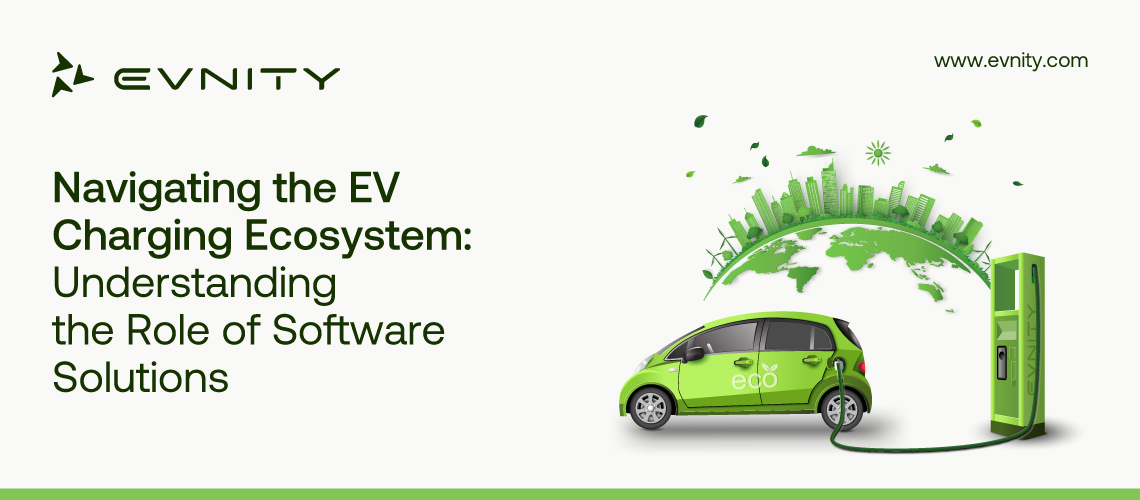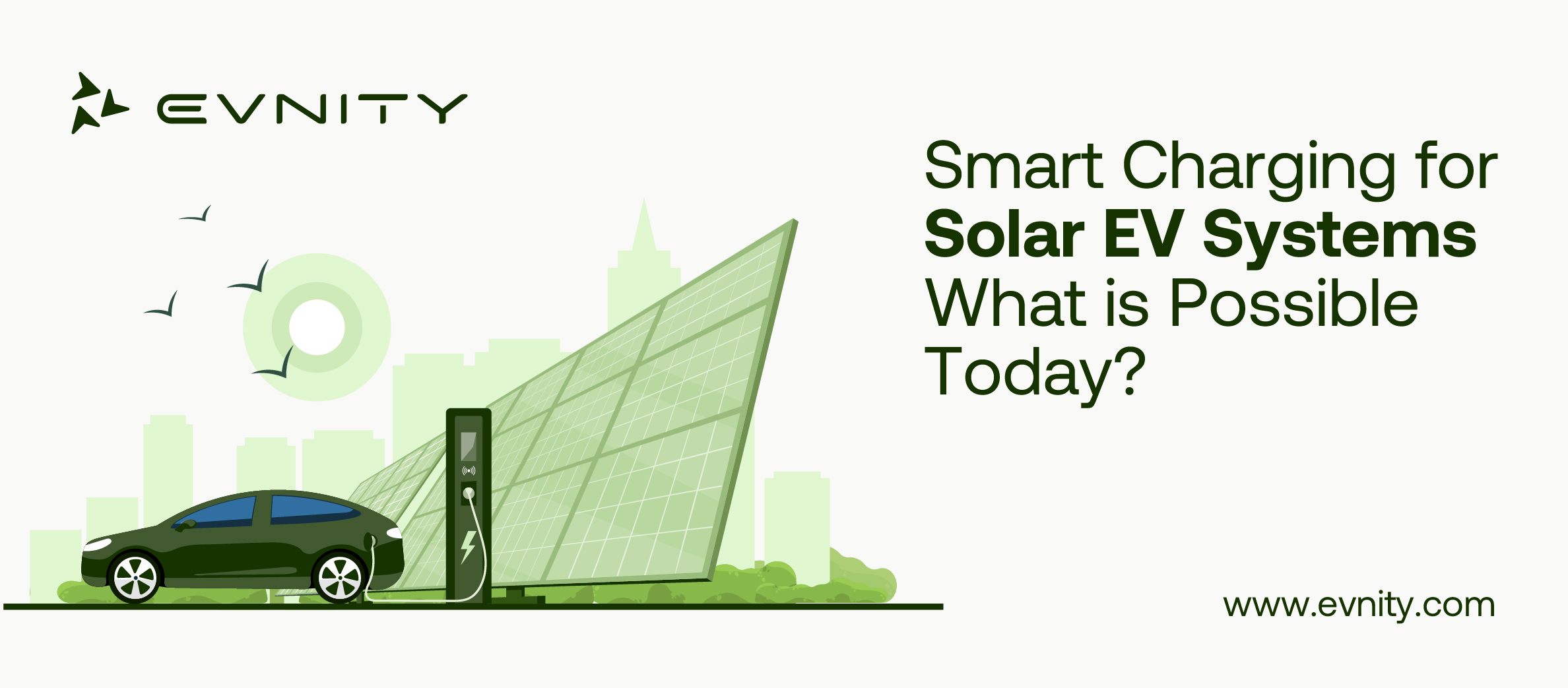Smart EV charging is becoming more popular in electric vehicle (EV) charging solutions, with 65% of drivers citing energy efficiency as the most essential consideration when selecting an EV charging station. This next generation of charging, defined by emerging technologies that make charging more inexpensive, efficient, and intuitive, is poised to become obligatory shortly. Reduced electricity bills, environmental concerns, and the development of an efficient smart home ecosystem are all advantages of EV charging software solutions. However, smart charging is more than that; its full potential has yet to be realized. We can unlock the full potential of smart charging by recognizing its benefits and challenges, making it a more sustainable and efficient solution for EV drivers.
What Is Smart EV Charging?
Smart EV charging is a system that uses real-time data transmission between the car, charger, charging operator, and energy source or utility company to intelligently control, manage, and optimize all elements of electric vehicle charging. This ecosystem focuses on improved charging systems that always optimize charging. Smart Energy Management, Optimized EV Charging, Remote Management and Analytics, and Advanced EV Charging Technologies comprise the Smart EV Charging system. These divisions contribute to optimizing charging for EV drivers, charging service providers, and customers, ensuring efficient and effective charging for new technologies such as V2G.
How To Optimally Use Your Smart EV Charger?
Smart EV charging stations provide several advantages to drivers and their homes, such as home security, cost savings, and energy efficiency optimization. They also incorporate renewable energy sources into the charging mix, making smart charging an important topic in electric mobility.
Remotely Control Your EV Charging Station
Thanks to the increased connectivity that supports smart charging, you can communicate with your home's charging station using your smartphone. This feature lets you pause and resume charging sessions with your smartphone, gain immediate insights into energy usage, and alter your behavior in real time.
EV Charging Speed Can Be Modified
Every residence is limited in the quantity of power it can draw from the grid. Smart chargers with Dynamic Load Balancing allow your charging station to automatically establish a faster or slower charging speed based on the available power and how quickly you need your vehicle fueled. This can be useful if you know your home uses much power at a particular time or you charge more than one EV simultaneously.
Prevent EV Charging Power Overloads
Software for EV charging stations is equipped with dynamic load balancing, or DLB for short, and can regulate the power output to your EV to avoid overconsumption because it can correctly monitor your home's electricity usage in real-time. As a result, dynamic load balancing eliminates the possibility of blackouts and circuit overloads.
Charge Your EV At Off-Peak Hours
Load shifting lowers the cost of charging an electric vehicle (EV) by altering the time when power is consumed. Depending on your location and energy contract, your grid operator will charge you differently at peak and off-peak times. You may be charged less for electricity during off-peak hours than during peak hours. Charging profiles, a load-shifting function offered by EVBox, allow you to specify charging times to take advantage of off-peak hours. By beginning charging during off-peak hours, you can pay less per kW than during peak hours.
Solar Charging Your Automobile Battery
House solar panels have become popular in recent years, making them more appealing to people looking to safeguard their wallets from shifting energy prices. With improved connectivity, maximizing home charging with solar panels enables partial renewable energy vehicle charging. Integrating solar panels or wind turbines with a charging station can reduce charging costs while also topping off batteries during peak hours. While solar electricity cannot charge a battery completely in a single day, a smart charging station can give extra power during peak times, known as peak shaving.


